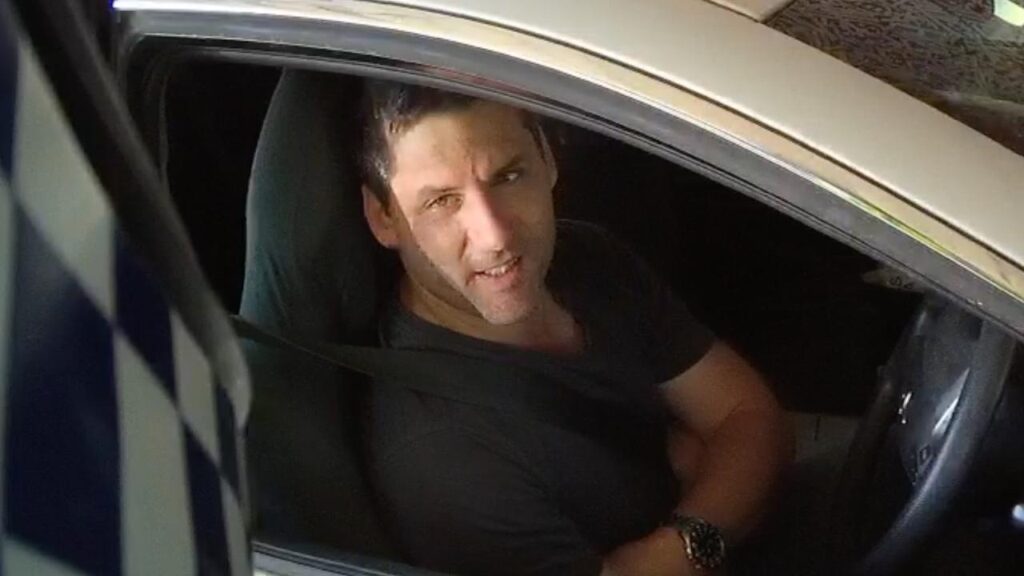‘Red flag’: warning sign when Bondi killer wanted a gun
Miklos Bolza |

The man responsible for the Bondi Junction stabbing attack gave false information about his antipsychotic medications to get a gun years earlier.
Joel Cauchi, 40, killed six people and injured 10 others at Sydney’s Bondi Junction Westfield in April 2024 before being shot dead by police.
In January 2021, he approached a Brisbane psychiatrist seeking medical clearance to get a licence so he could shoot pistols under supervision at a local gun range.

The doctor testified at an inquest on Thursday.
Cauchi told him he had been on the antipsychotic Clozapine for only two years before coming off it 18 months earlier.
However, reports obtained by the doctor from Cauchi’s former private psychiatric clinic in Toowoomba revealed he had been on the medication for 16 or 17 years since being diagnosed with schizophrenia as a teen.
The psychiatrist, who cannot be legally identified, admitted under questioning by counsel assisting Emma Sullivan that this was a “red flag”.
He acknowledged he should not have supplied Cauchi with a medical report.
This document deemed him to be a “fit and proper person” to hold a gun licence and was sent to Queensland Police.
Police granted Cauchi a certificate of eligibility but he never applied for a gun licence.
The psychiatrist said if he had known of prior concerns raised by Cauchi’s mother about declines in his mental health, he would have reached out to her to learn more.
These potential signs of relapse included a large number of notes being left around the house – some referring to satanic control – excessive obsessive-compulsive disorder, an obsession with pornography, irritability and a strange gait.
Records supplied by the Toowoomba psychiatric clinic did not contain this information, despite his mother contacting them repeatedly after his antipsychotic medication was ceased in mid-2019.
The Brisbane doctor said he had provided the medical report to police after finding Cauchi a “very low risk to himself and others”.
The document should have noted he had only seen Cauchi once and was not his regular psychiatrist, he told the court.
“In hindsight, I would have done things a lot differently,” he said by videolink.
A lack of available detail about Cauchi’s history was also a theme when his former general practitioner Richard Grundy gave evidence.
He testified he was not told of any concerns when Cauchi relocated from Toowoomba to Brisbane in early 2020.
Dr Grundy said he would have attempted a follow-up if he had been told about the concerns raised by Cauchi’s mother.
“I didn’t have any information – all those things that were discussed for some reason or another never came to me,” Dr Grundy told the court by videolink from London.

On discharging Cauchi from her clinic in March 2020, his private psychiatrist sent a letter to Dr Grundy.
“Please recall Joel to discuss his options and referral to an alternative psychiatrist if required,” she wrote.
In earlier evidence given to the coroner, she insisted she had a lengthy phone conversation with Dr Grundy after sending this letter.
“I can take Joel back, I am the family GP, I know him very well and I will recall (him),” the GP told her, according to her evidence.
But on Thursday, he denied that this conversation took place.
By mid-2019, Cauchi was completely off the antipsychotics and he became detached from the mental health system early the following year after moving to Brisbane.
The inquest continues on Monday.
Lifeline 13 11 14
beyondblue 1300 22 4636
AAP